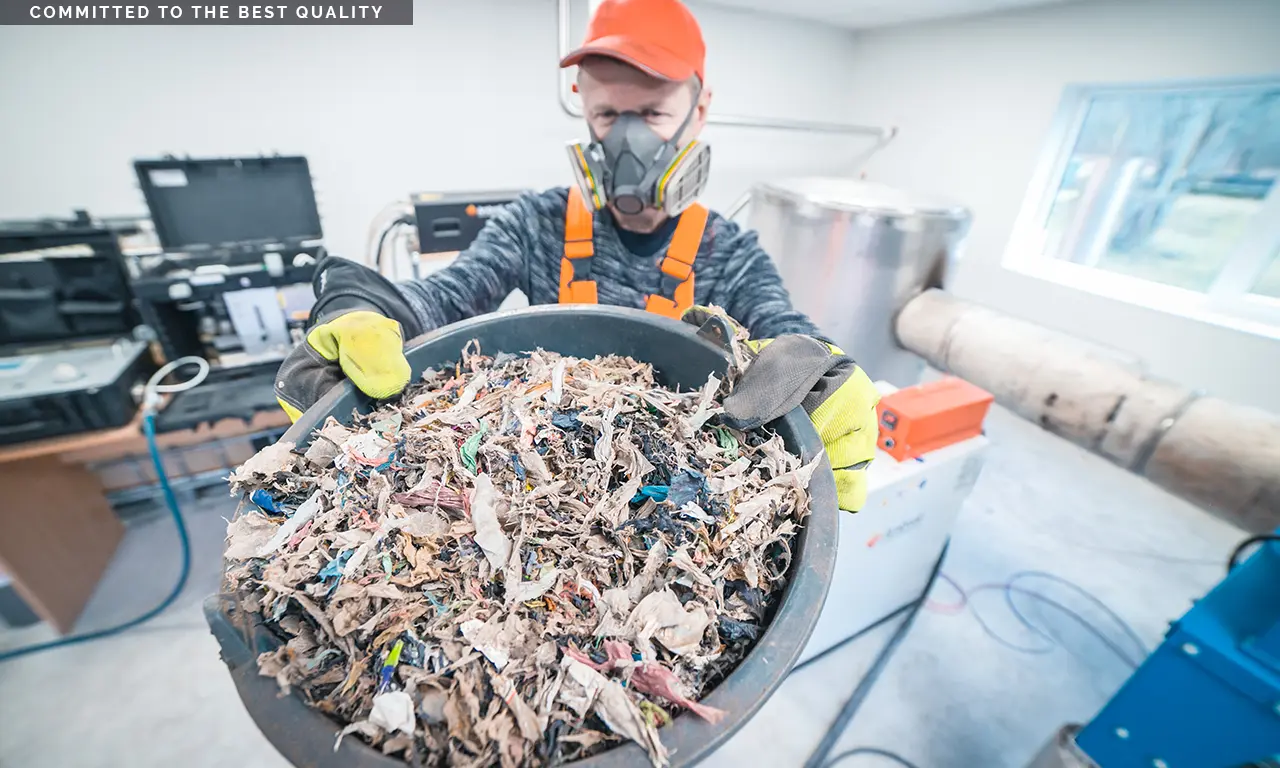
Waste management plays a crucial role in the Ready-Made Garments (RMG) sector. Given the scale of production and the associated waste generated, effective waste management practices are essential to minimize environmental impacts and promote sustainability. Here are some key aspects of waste management in the RMG sector:
- Waste Segregation: Proper waste segregation is the first step in effective waste management. RMG companies should implement systems to separate different types of waste, such as fabric scraps, paper, plastics, and hazardous materials. This allows for easier recycling, reuse, or proper disposal of each waste category.
- Recycling and Repurposing: Recycling and repurposing initiatives help divert waste from landfills. Textile waste, such as fabric cuttings or rejected garments, can be recycled into new fabrics or repurposed for different applications. By partnering with recycling facilities or engaging in in-house recycling processes, RMG companies can reduce waste and promote resource conservation.
- Inventory Management: Efficient inventory management practices can reduce the amount of waste generated in the RMG sector. By accurately forecasting demand, companies can minimize overproduction and avoid excess stock that may ultimately end up as waste.
- Lean Manufacturing: Implementing lean manufacturing principles can help reduce waste throughout the production process. By optimizing production flow, minimizing defects, and maximizing resource utilization, RMG companies can minimize waste generation and improve overall efficiency.
- Hazardous Waste Management: The RMG sector often deals with hazardous waste, such as chemicals, dyes, and solvents. Proper handling, storage, and disposal of these substances are essential to protect the environment and workers' health. Compliance with relevant regulations and implementation of appropriate safety measures are crucial for hazardous waste management.
- Waste Audits and Monitoring: Conducting regular waste audits and implementing monitoring systems allow RMG companies to identify waste generation patterns, track progress, and identify areas for improvement. This data-driven approach enables better decision-making and helps in setting waste reduction targets.
- Supplier Engagement: Collaborating with suppliers and encouraging sustainable practices can contribute to effective waste management in the RMG sector. Establishing clear guidelines for waste reduction and proper disposal practices throughout the supply chain promotes a more sustainable and responsible approach to waste management.
- Employee Awareness and Training: Educating employees about waste management practices and promoting a culture of sustainability can significantly impact waste reduction efforts. Providing training on waste segregation, recycling, and responsible disposal ensures that all staff members are actively engaged in waste management initiatives.
- Collaboration and Partnerships: Collaboration with recycling facilities, waste management companies, and relevant industry stakeholders can help RMG companies establish effective waste management systems. Sharing best practices, knowledge, and resources can drive continuous improvement in waste management practices.
- Regulatory Compliance: Compliance with local waste management regulations is essential for the RMG sector. Adhering to waste disposal, handling, and reporting requirements helps ensure legal compliance and minimizes environmental risks.
Here are some of the best practices for waste management in the RMG sector:
- Reduce: The first step in waste management is to reduce the amount of waste that is generated. This can be done by using more efficient production methods, such as lean manufacturing.
- Reuse: Once waste is generated, it should be reused whenever possible. This can be done by donating used garments to charity or by recycling fabric scraps.
- Recycle: If waste cannot be reused, it should be recycled. This can be done by collecting and sorting waste materials and then selling them to recycling companies.
- Dispose of properly: If waste cannot be reused or recycled, it should be disposed of properly. This means disposing of waste in a way that does not harm the environment.
By following these best practices, the RMG sector can reduce its environmental impact and improve the lives of its workers.
Implementing comprehensive waste management practices in the RMG sector benefits the environment, reduces costs, and enhances the industry's sustainability. By adopting waste reduction, recycling, and responsible disposal measures, RMG companies can minimize their environmental footprint and contribute to a more sustainable future.
Leave a Reply
Your email address will not be published.

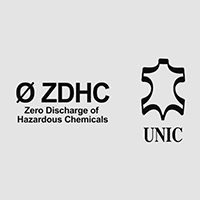
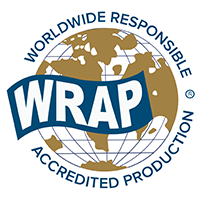






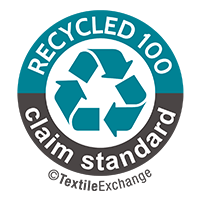

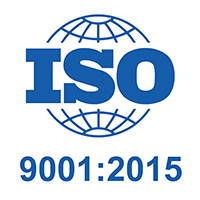






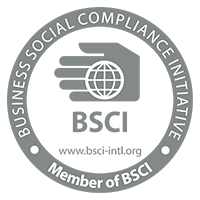



Comments
0 Comment